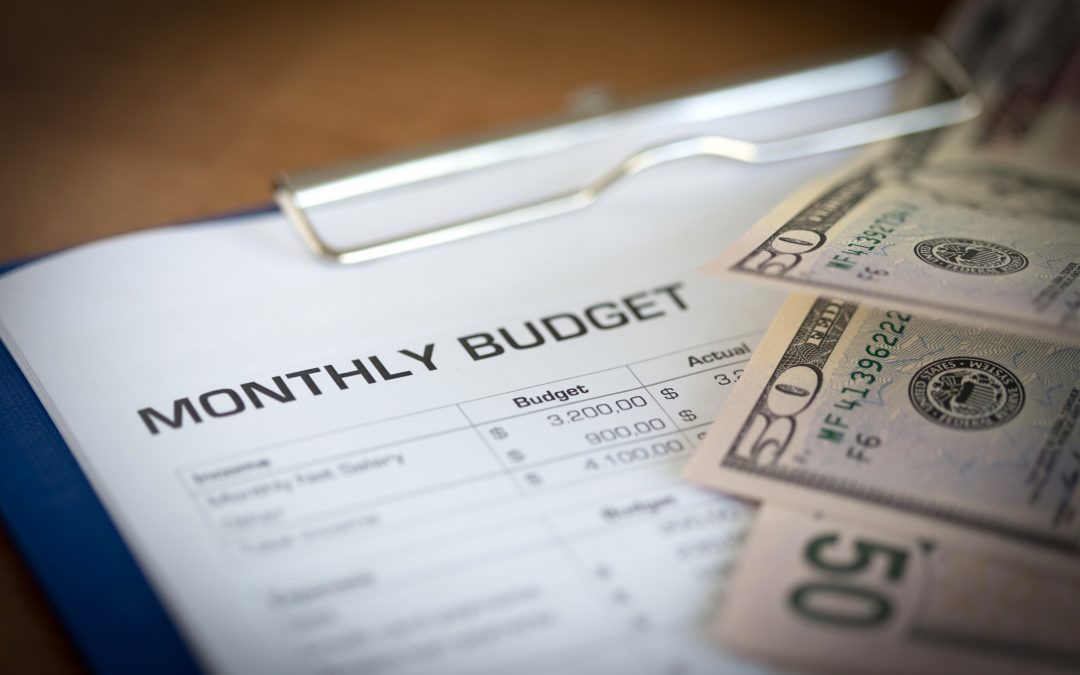Traditional approaches to eliminating debt tend to create a black-and-white view of money matters — reduce spending so you can increase debt payments.
It may seem counterintuitive, but investing while you’re managing and paying off loans can help you eliminate debt. How? By increasing the earnings you have available to make payments.
Here are four things to consider:
1. Carefully evaluate your risk options
It can be tempting to aim for the investment option with the highest chance of a payoff, but these investments also come with the greatest level of risk for potential loss.
Therefore, educating yourself on investment types and their risk factors is critical before making serious decisions. It may also be prudent to sit down with a trusted financial advisor and draw from their expertise when devising your debt/investment game plan.
A wealth manager, for example, can help you determine your risk tolerance, or how much loss you could sustain depending on your life circumstances.
2. Tailor strategy to meet your unique needs
All debt is not created equal. All borrowers are distinctive in their financial situations.
For example, if you have high-interest credit card debt you are struggling to pay, it may be beneficial to focus on paying off those accounts first. Interest charges on mortgages and student loans, meanwhile, are tax deductible, so they may not be a priority.
Therefore, once you carefully review your debt portfolio and construct a payoff plan, you can determine how much of your income is left for investing.
Begin with outlining a monthly budget, and then move into quarterly and annual strategies to help you maintain discipline in reaching your goals.
3. Start small and be flexible
Once you feel your debt is manageable, and you’re ready to invest, consider a low-risk option that requires minimal upfront financial commitment.
There are numerous investment apps that can help you manage your investments with little to no investment minimums or fees. Be sure to maintain flexibility, especially when you start, and focus on diversifying your investments to find out what works best for you.
Once you begin seeing dividends from your investment, you can revise your strategy as needed to ensure the profit is adequate to pay off debt.
4. Be realistic
While taking that leap into investing is necessary to reap its benefits, you also don’t want to dive too deep. Be realistic with yourself in terms of how much money you have left over to invest after taking care of necessities like your house, car, and dependents.
Additionally, an emergency cash fund for things like a major car repair or medical bill can be the crucial factor in helping you avoid more high-interest debt.
The bottom line
If your risk-to-reward ratio is low enough, investing while you’re in debt could allow you to earn dividends on your income to help pay off your debt quicker.
SOURCE:
EveryIncome. (2019, November 22). Should you invest while paying off debt? EveryIncome Library. https://library.everyincome.com/invest/should-you-invest-while-paying-off-debt/?_hsmi=216530635&_hsenc=p2ANqtz-8Ew59xDoOpl9OIKx7GfBT2dKOr3AqYkhcSrigQy5h9A576ro43oz9Jk6WrizICWX0R7uNpPAX0R6z2GR-X4cPIp6yhZfOSk5W_rYTr517-9_XOnqo


